
Our Nitrogen Phosphorus Potassium fertilizers are carefully formulated to meet the specific nutrient requirements of your crops. We understand that each plant has unique needs, and our high-grade fertilizers are designed to cater to those requirements, ensuring optimal growth, health, and yield.
As a manufacturer, we prioritize the quality of our Nitrogen Phosphorus Potassium fertilizers. We employ stringent quality control measures throughout the production process to ensure that our products meet the highest industry standards. Our fertilizers are manufactured using premium ingredients and advanced techniques, guaranteeing consistent and reliable results.
Mechanism of Action
- Nitrogen Phosphorus Potassium contains Azotobacter chroococcum + Bacillus megaterium & Bacillus Polymyxa + Frateuria aurentia bacteria which enhances the availability of Mn, Mg, Fe, Mo, Bo, Zn and Cu, among others, in the soil.
- NPK provides the major nutrients to the soil which results in higher yield.
- It efficiently fixes atmospheric nitrogen, solubilizes insoluble and chemically fixed phosphates and has the ability to mobilize and solubilize soil potash and insoluble potash compounds thus making all three of these essential nutrients available to the plant in a ready, available form.
Dose of Nitrogen Phosphorus Potassium
Soil Application:
1 kg/acer.
Benefits of Nitrogen Phosphorus Potassium
- Fortify the soil with bacterial metabolites & are cheap and easy to handle.
- ave the ability to fix, solubilize and mobilize and cause uptake of N, P and K.
- Imparts resistance against insect pests and diseases and against plant pathogens like Alternaria, Helminthosporium and Fusarium.
- Helps to reduce environmental pollution and the high costs, which result from chemical fertilizers usage and its residues.
Crops
Rice, Bajra, Wheat, Maize, Oats, Barley, Rye, Millets, Sorghum, Banana, Avocados, Apple, Guava, Mango, Orange, Papaya, Grapes, Pomegranate, Dragon Fruit, Watermelon, Potato, Tomato, Okra, Cabbage, Spinach, Bitter gourd, Bottle gourd, Cucumber, Capsicum, Chick pea, Mung bean, Castor, Groundnut, Mustard, Cotton, Soybean, Rapeseed, Chilli, Turmeric, Ginger, Clove, Garlic, Cinnamon, Coriander, Cumin, Pepper, Sugarcane, Sugar beet, Rose, Tuberose, Tulips, Carnation, Marigold, Aster, Sun Flower, Jasmine, etc.
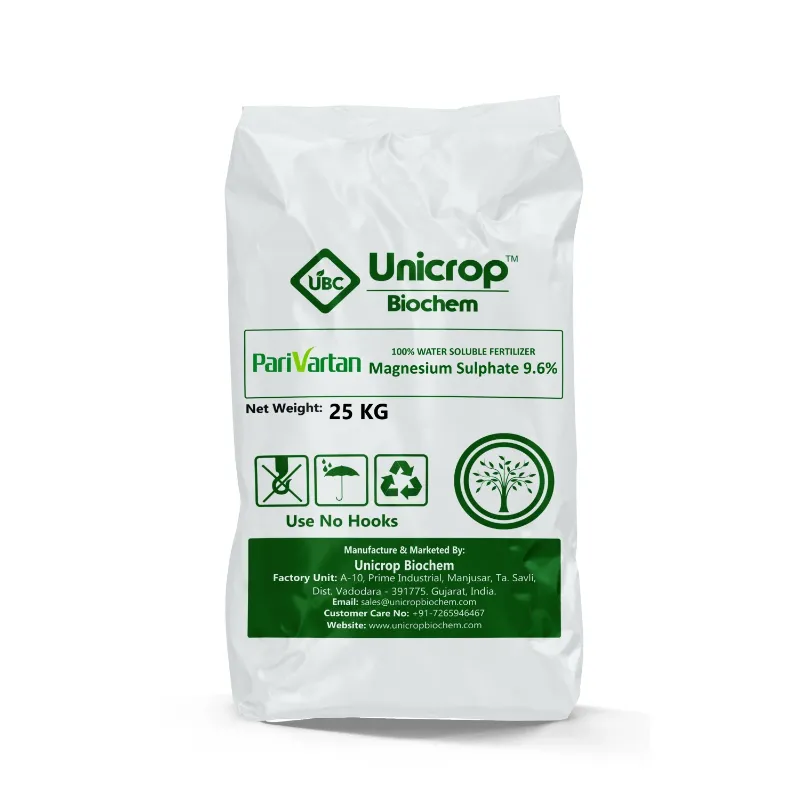

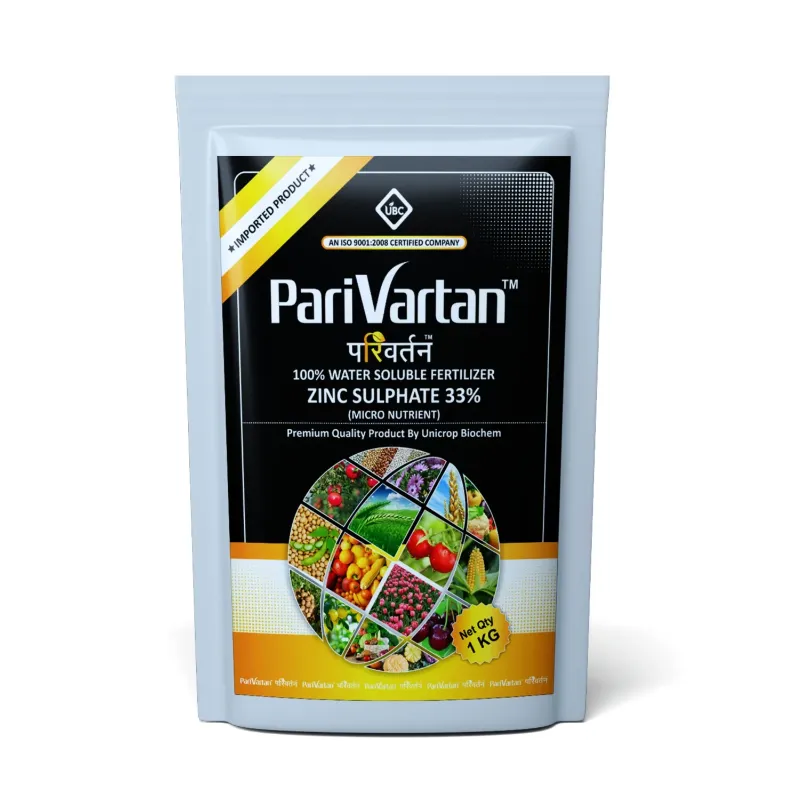

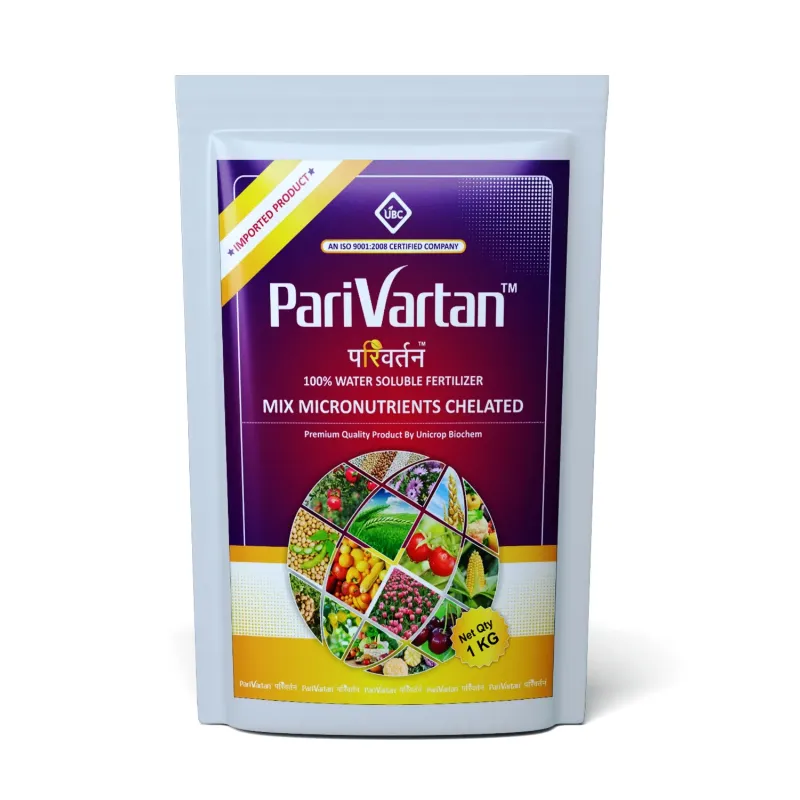

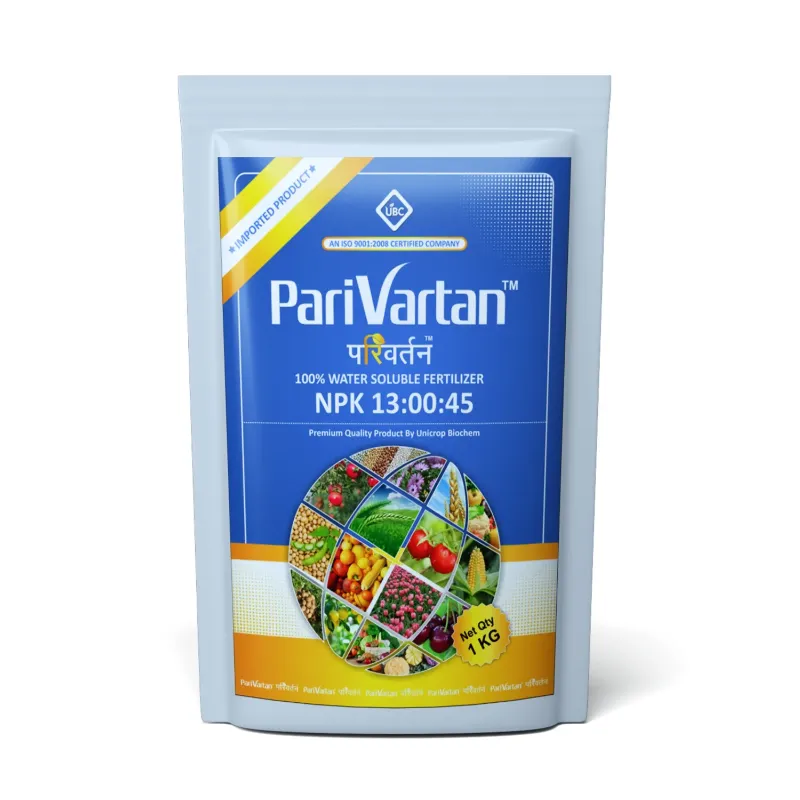
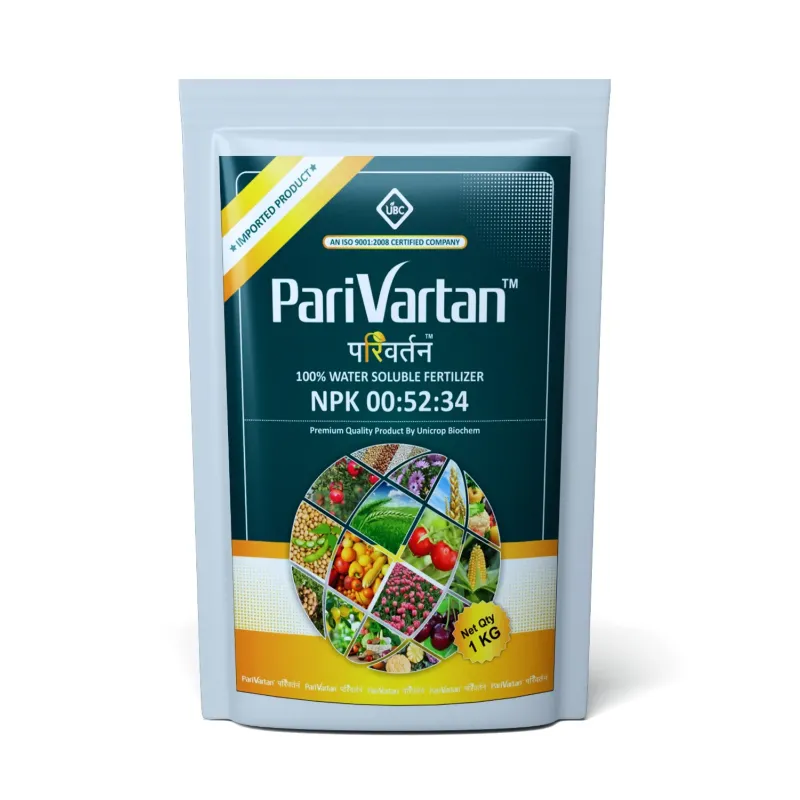


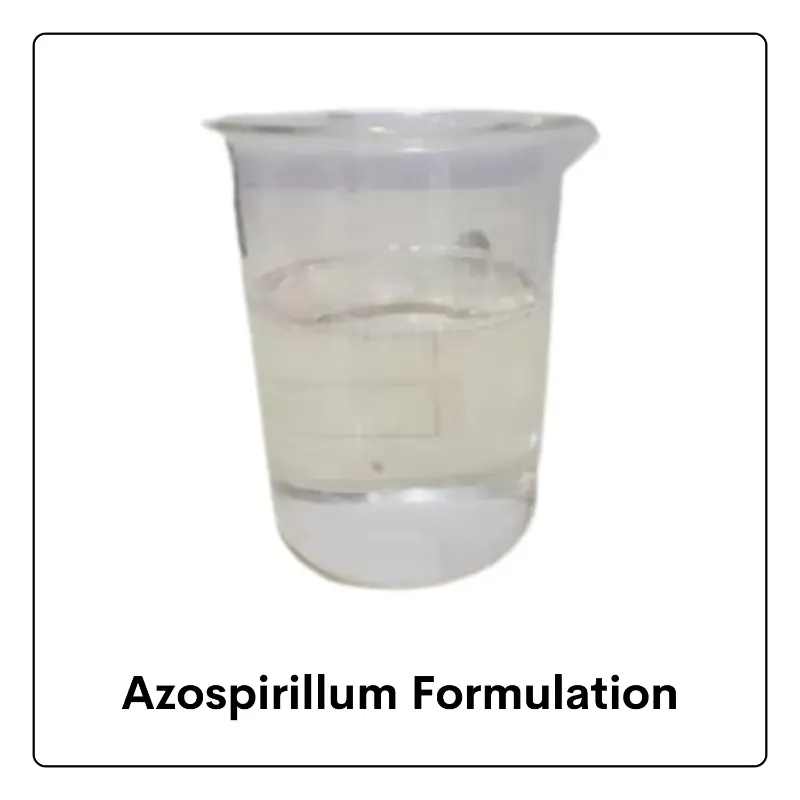
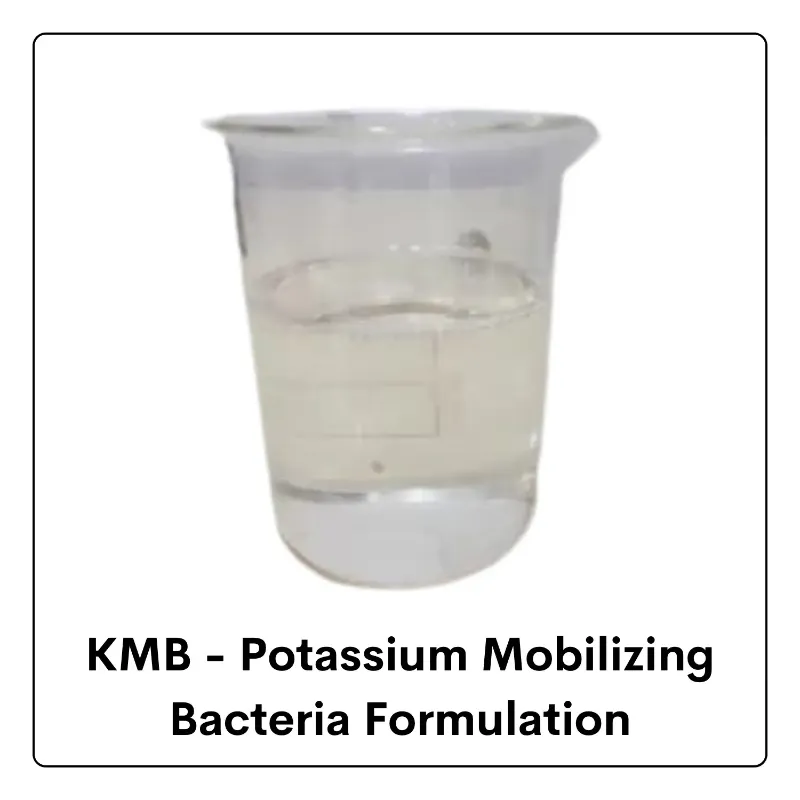

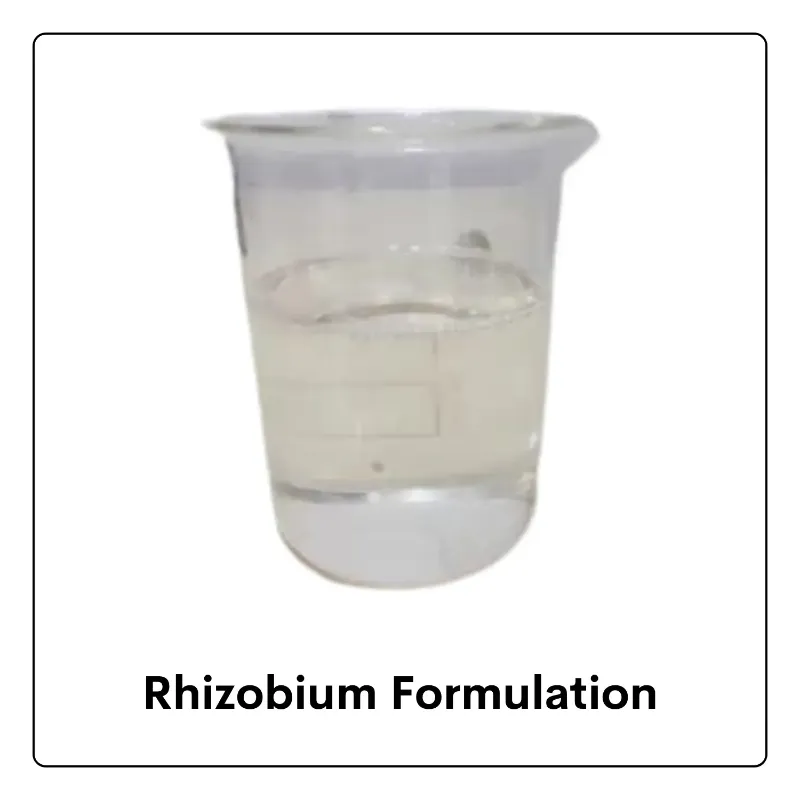
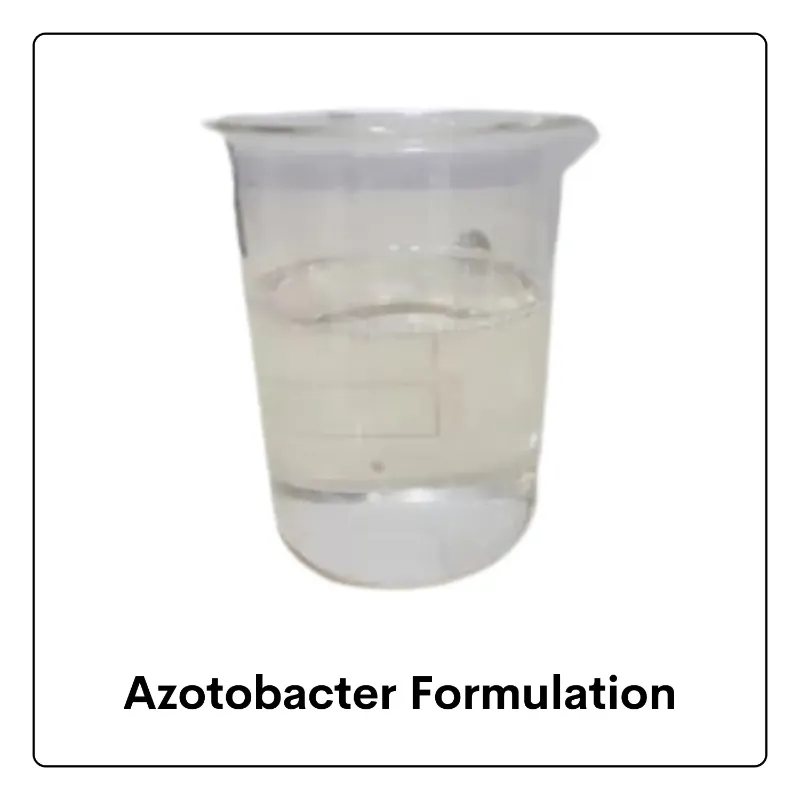



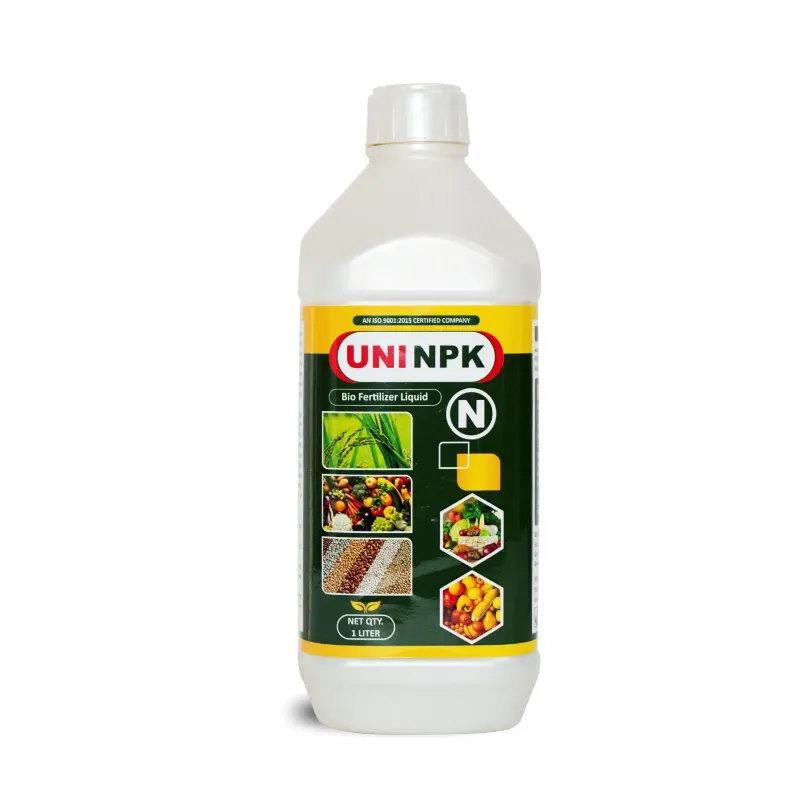

Login To Comment